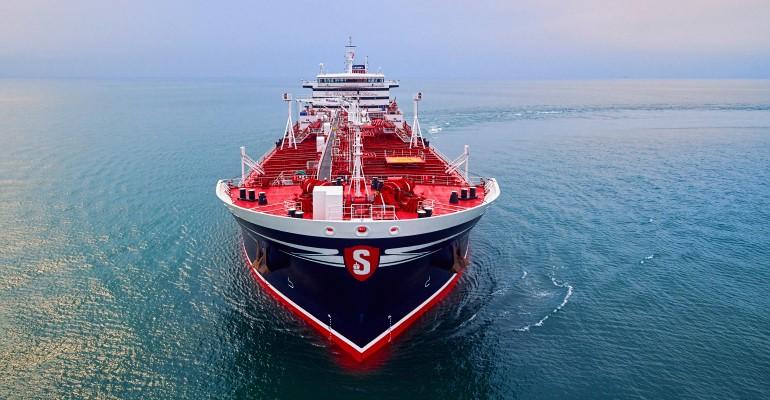GCMD is inviting engineering consultants and classification societies to study the safety and operational requirements for the offloading of liquefied carbon dioxide (LCO2) captured on board ships, an important part of the GCMD's Project REMARCCABLE.
Project REMARCCABLE is a two-year, three-phase project aimed at demonstrating end-to-end shipboard carbon capture at scale. The IFP will be issued to shortlisted engineering consultants and classification societies to assess the possibilities and outline detailed procedures for offloading captured CO2 to shore and ship storage facilities in major ports.
The scope of the IFP includes the offloading process of LCO2 captured on board tankers, bulkers, and container ships at different temperatures and pressures for transfer to different receptacles. The study will consider existing policy and regulation regimes that may prevent or enable the offloading of CO2.
Once the evaluation of submitted proposals is concluded, GCMD expects to make one award in the second quarter of 2023 for a study to run for nine months.
The findings of the study will inform sea trials aboard a vessel as part of phase three of Project REMARCCABLE and help shape regulatory and operational guidelines for the future adoption of shipboard carbon capture technologies.
On the IFP, Professor Lynn Loo, CEO of the Global Centre for Maritime Decarbonisation, said: “GCMD views shipboard carbon capture as an important mid-term technological solution that can help reduce shipping’s GHG emissions. For shipboard carbon capture technologies to be operationally feasible, the industry needs to develop a value chain for the captured CO2.”
“Whilst IMO has no firm position on the use of carbon capture systems to reduce GHG emissions, the topic is up for discussion at the upcoming MEPC meeting this month. Our study will contribute to the emerging body of knowledge around the complexities of shipboard carbon capture. And the outcomes of this study will specifically inform sea trials aboard Stena Bulk’s identified MR Tanker as part of phase three of Project REMARCCABLE”.
Copyright © 2024. All rights reserved. Seatrade, a trading name of Informa Markets (UK) Limited.
Add Seatrade Maritime News to your Google News feed.  |

